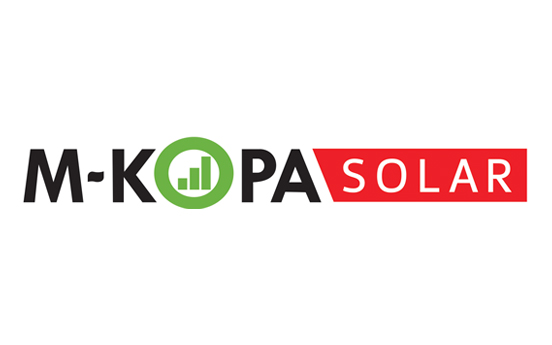
Mastercard in partnership with M-KOPA Solar and Centenary Bank, celebrated the first ‘pay-as-you-go’ QR transaction this week, officially launching the initiative, which provides a simple and inexpensive way to power the homes and businesses of Ugandans.
M-KOPA, which already provides safe and clean energy to three million people in East Africa has launched Mastercard’s Quick Response (QR) payment technology in Uganda to facilitate and extend the reach of its groundbreaking pay-as-you-go solar program.
The launch of the program took place in Entebbe and was attended by Ajay Banga, president and chief executive officer of Mastercard, who made a special visit to Uganda to be part of the milestone ceremony.
The partnership will provide Ugandan homes and businesses with clean and reliable solar energy, access to information and finance for a range of productive assets.
M-KOPA’s products combine lights, mobile phone charging, radios, smartphones, TVs and fridges. To connect to M-KOPA and start to build their credit history, customers pay a deposit and then small daily payments towards electricity that are usually less than what they would have spent on kerosene, candles and batteries over the same period of time.
Developed by Mastercard Labs, the new Mastercard’s pay-as-you-go API solution will empower M-KOPA and Centenary Bank to bring new payment innovation to the market, combining low-cost QR technology – an open and interoperable technology, with the Internet of Things (“IoT”) to lead more secure and efficient payments in the market.
Nick Hughes, Co-Founder and Chief Product Officer, M-KOPA Solar says, “M-KOPA has proven that our flexible financing model, underpinned by IoT systems and telemetry, is a scalable and efficient way for millions of people to acquire life-changing services and products. For example, 94% of our customers report an improvement in their children’s ability to do homework after taking our basic lighting product. M-KOPA’s partnerships – including integration with the Mastercard QR payment platform – are opening up even more productive asset-financing services and infrastructure. ”




